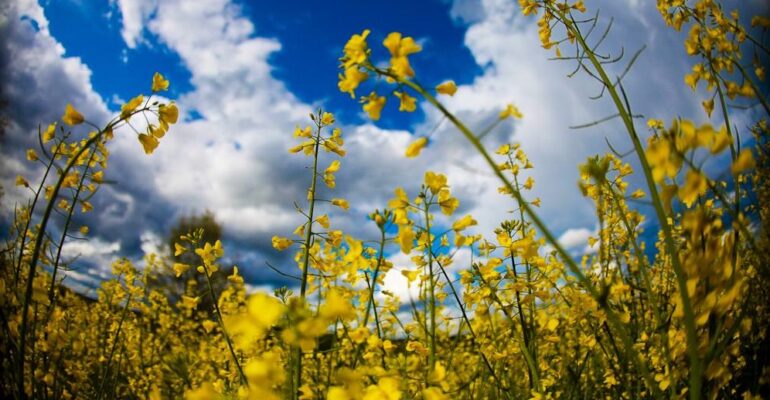France is set to ignore EU limits on bad biofuels
By Faustine Bas-Defossez, Senior Policy Officer, Agriculture and Bioenergy, EEB
All eyes will be on finding solutions to fight climate change in the run up to COP21 in Paris later this year. So it is simply astonishing to see that France, the country hosting the summit, is not only ignoring an important political decision that it helped negotiate, but is also ignoring sound scientific evidence on the negative impacts of some biofuels on the climate, people and the environment.
It took seven years of intense negotiations and political wrangling for the European Union to officially recognise the well-documented damaging impacts of land-based biofuels before they reduced their share within renewable energy targets from 10% to 7%. This sent an important message: first generation biofuels are not to play a significant role in Europe’s future transport policy. But these seven years of delays and negotiations have been bad for everyone, industry included, as investments to support the development of new truly sustainable technologies were frozen over this period.
Now that the EU is slowly setting the scene for post 2030, and has made it clear in its communications that no support should go towards food-based biofuels, it is worrying to see that some Member States are moving ahead with national 2030 targets and including higher shares for biofuels. Indeed, France adopted a law this summer that sets a 15% target for biofuels in transport by 2030. As the share of advanced biofuels (non-land based – waste-based biofuels) will very unlikely reach 7% in 2030, this means that France intends to go beyond the EU 7% cap post 2020.
Why is it that such an important political decision as the cap and lessons from the past are now being seemingly ignored by some Member States? And France is not alone as Italy and Finland also seem willing to go far beyond 7% post 2020, and others may follow their lead.
By doing this, France has set a very poor example to other European member states and the world: the country due to lead a new global climate agreement in Paris this December is ignoring past mistakes and striking a blow to investments for true solutions to help mitigate climate change.
Photo credit: Rapeseed field in France (c) Smoofle, Flickr Creative Commons





